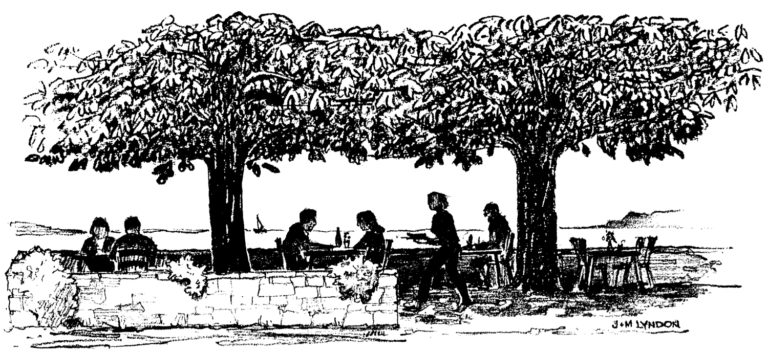

Table of Contents
ToggleIntroduction
Over the past few decades, urban ecology has emerged as a prominent, interdisciplinary domain, catalyzing discussions on biodiversity, sustainability, and fundamental ecological research within the urban context. However, despite its significant strides, the question lingers: has urban ecology truly permeated the broader ecology discipline? A critical examination reveals that many foundational urban ecology concepts remain overlooked, even in the most influential peer-reviewed journals and on social media platforms. This raises concerns about the integration of urban ecology into the wider ecological discourse.
Evolving Perspectives: In the ever-evolving landscape of ecological literature, a landmark event occurred in November 2017 when Nature Ecology and Evolution released its compilation of “100 articles every ecologist should read.” While undeniably valuable, criticisms surfaced regarding the list’s lack of diversity, both in terms of gender and race, as well as its limited inclusivity. Surprisingly absent from these debates was acknowledgment of the pivotal contributions made by urban ecology in reshaping our understanding, management, and planning of ecosystems on our urbanized planet.
Rethinking Essential Readings: The spotlight on the Nature Ecology and Evolution list prompts a crucial question: what constitutes a comprehensive reading list for ecology in the Anthropocene era? While the listed papers are undeniably significant in the historical context of ecology, there exists a need for a more nuanced approach. A revised “key reading” prompt would encompass a broader spectrum of topics vital for comprehending modern ecology—social ecology, biophilia, justice, poverty, gender, values, the Global South, design, climate change, and policy. Strikingly absent from the existing list is the realm of urban ecology.
Urban Ecology’s Unseen Influence: Urban ecology inherently addresses a multitude of crucial topics that extend beyond traditional ecological discourse. Incorporating social ecology, biophilia, justice, and policy, urban ecology actively contributes to the progression of ecological science. It goes beyond elucidating the functioning of our current world; it envisions pathways for improvement and establishes the groundwork for addressing pressing challenges in the Anthropocene, whether in urban or non-urban settings.
Unlocking Urban Ecology’s Contributions: To shed light on the significant contributions of urban ecology, we reached out to a diverse group of experts. Their insights provide a gateway for non-urban ecologists to grasp the importance of urban ecology in advancing the field. Each expert was posed with a fundamental question: What is one thing every ecologist should know about urban ecology? Furthermore, they were encouraged to recommend a reading—an initial step towards constructing an inclusive reading list that reflects the diverse dimensions of modern ecology.
Expanding the Concept of Ecology: As we navigate this exploration, it becomes imperative to broaden our definition of “ecology.” No longer confined to traditional ecosystems, ecology now encompasses social dynamics, human interactions, and the intricate interplay between nature and urban environments. By expanding our perspective, we not only embrace the interdisciplinary nature of urban ecology but also pave the way for a more comprehensive and inclusive understanding of the ecological challenges we face in the Anthropocene.
Conclusion
In conclusion, urban ecology stands at the forefront of reshaping ecological narratives, offering insights that extend beyond conventional boundaries. By recognizing and incorporating the contributions of urban ecology, we have the opportunity to foster a more holistic and responsive ecological discipline—one that addresses the multifaceted challenges of our rapidly urbanizing world.





